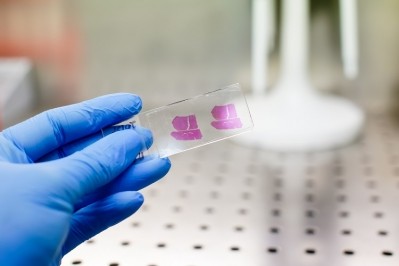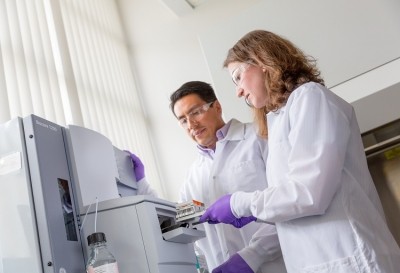PPD and Acurian launch patient concierge for clinical trials

The patient concierge acts as a single point of contact for patients to guide them through clinical trial participation, explained Roger Smith, senior vice president and general manager of Acurian, a subsidiary of PPD, which provides clinical trial patient enrollment and retention solutions.
“Our concierges are assigned to patients for the duration of a study and check in with patients regularly to resolve non-medical issues and deliver services aimed at retaining them in the trial,” he told us.
Smith said such level of personal care could help increase patient satisfaction, “with the goal of more interested trial participants and increased patient retention,” he said.
Additionally, Smith explained the concierge can take “a significant administrative burden” off sites.
“With less site staff and study coordinator time spent on the tasks handled by our patient concierge, more time can be spent on patient care and completing the trial within expected timelines,” he said.
“The patient concierge also takes an active role in relaying patient concerns to sites. In turn, the sites can take corrective measures before further issues arise.”
PPD plans to introduce other concierge services later in the year.
Rare disease clinical trials
Niklas Morton, senior vice president of site and patient access for PPD, told us the offering was developed in response to “greater and more complicated needs” of patients suffering from rare diseases and pediatric illnesses, as well as their caregivers.
The patient concierge service was initiated by PPD’s Rare Disease and Pediatric Center of Excellence, though it can be used in various studies, according to the contract research organization (CRO).
“The patient concierge is particularly important to patients and caregivers in rare disease trials because of the support we can offer in response to the additional challenges patients face in those trials and the expanded, complex role caregivers often have to play because of the more extensive and more complicated set of logistics,” said Morton.
“Offering this service to patients with rare diseases is important as well in the effort to retain the small patient populations that are affected by rare diseases,” he added.


















